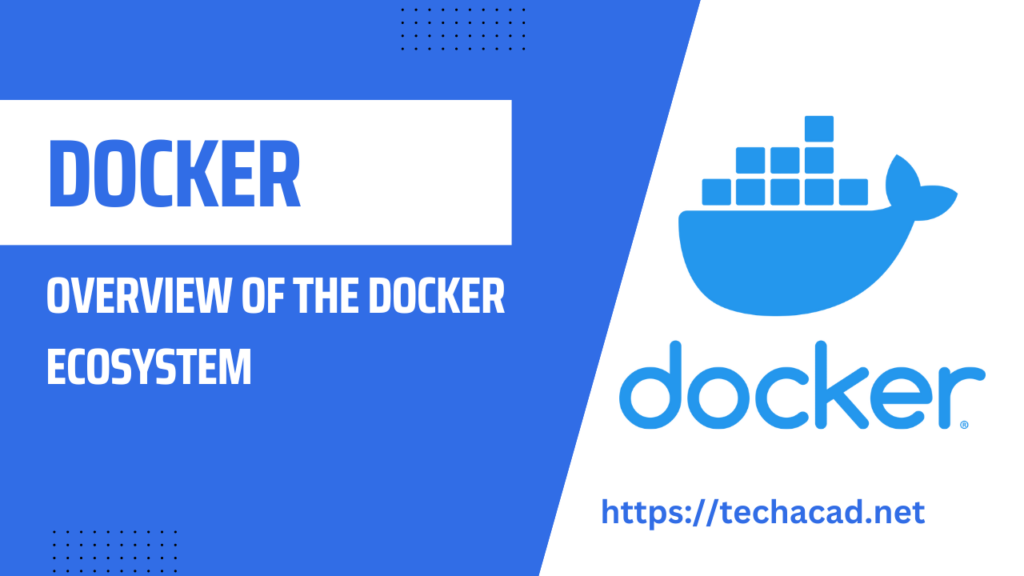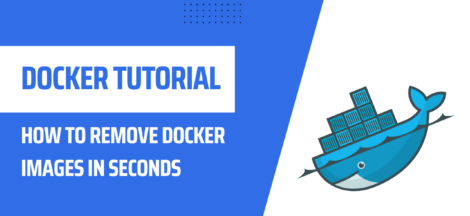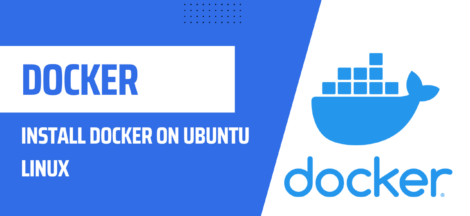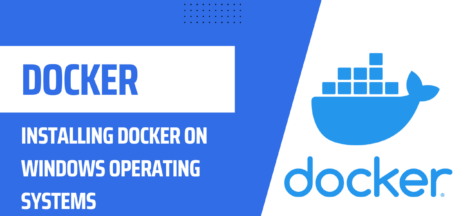Docker is an open-source platform that simplifies the process of building, deploying, and running applications. It enables developers to package their applications and dependencies into a portable container that can run on any system with a Docker environment. Docker has become a popular choice for many organizations because it provides a consistent and efficient way to manage and deploy applications.
In this tutorial, we will provide an overview of the Docker ecosystem and the various components that make up this platform.
Docker Engine
The Docker Engine is the core component of the Docker platform. It is responsible for managing containers, images, networks, and volumes. The Docker Engine provides a REST API that allows developers to interact with it and manage containers. It is designed to be lightweight and fast, making it an ideal choice for small to medium-sized deployments.
Docker Hub
Docker Hub is a centralized repository for storing and sharing Docker images. It is similar to a code repository like GitHub, but it is designed specifically for Docker images. Developers can publish their images to Docker Hub and make them available to others. They can also search for and download images created by other developers. Docker Hub provides free public repositories for open-source projects and paid plans for private repositories for individual users and organizations.
Docker Compose
Docker Compose is a tool for defining and running multi-container Docker applications. It allows developers to define their application as a set of services that are organized into a YAML file. This file contains information about the services, networks, and volumes that make up the application. Docker Compose then uses this file to start, stop, and manage the services and their dependencies.
Docker Swarm
Docker Swarm is a native orchestration solution for Docker. It allows administrators to manage and schedule Docker containers across multiple hosts. With Docker Swarm, administrators can create a swarm cluster and deploy services to it. Swarm automatically handles the management of containers and ensures that the services are running and available. If a node in the swarm cluster fails, Swarm will automatically reschedule the affected containers on another node in the cluster.
Docker Machine
Docker Machine is a tool for provisioning Docker hosts. It automates the process of creating, configuring, and managing Docker hosts on various platforms, including cloud providers like Amazon Web Services and Microsoft Azure. Docker Machine makes it easy to create new Docker hosts, configure existing hosts, and manage the lifecycle of Docker hosts.
Conclusion
The Docker ecosystem provides a complete platform for building, deploying, and running applications. The Docker Engine provides the core functionality for managing containers and images, while Docker Hub provides a centralized repository for sharing images. Docker Compose and Docker Swarm allow developers and administrators to manage and orchestrate multi-container applications, and Docker Machine provides a tool for provisioning Docker hosts. With these components, the Docker ecosystem provides a comprehensive solution for managing applications and their dependencies.




